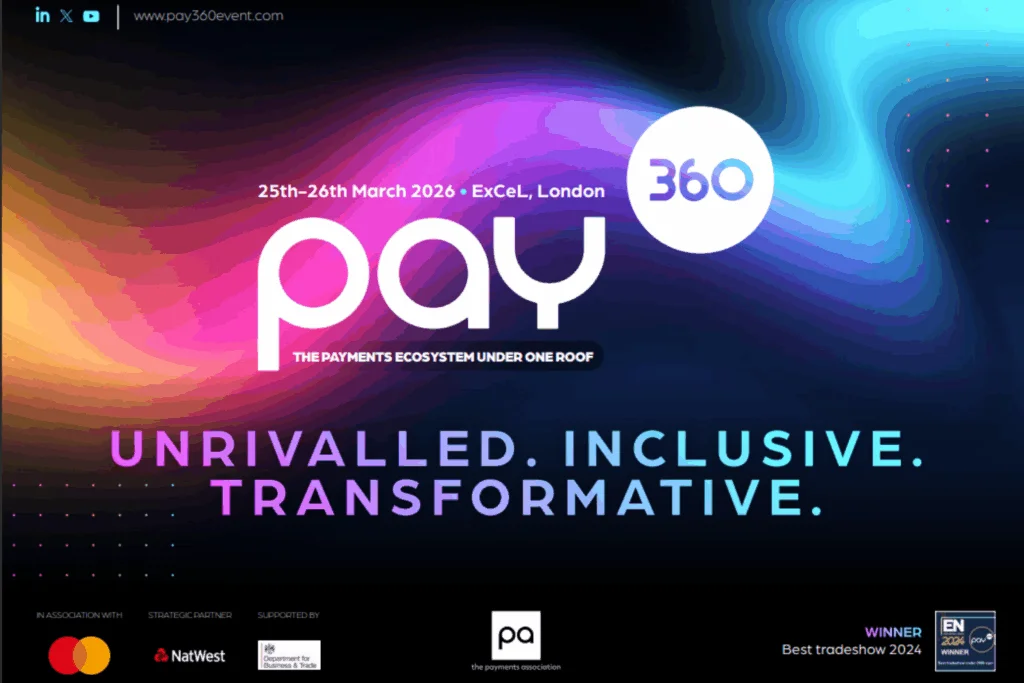Bold headlines proclaim, "90% of all content in 2025 will be AI-generated." In reality, this often means AI played some role in creating the content. Sensational statements like "AI is coming for your jobs" dominate the conversation, too. The discussion often centers on industries adapting to technological advancements. In January 2025, it remained in the Top 5 for US Google Trends. It is also the fastest growing "added skill" to professional profiles on LinkedIn, fuelling the AI hype. With so much noise, I took the conversation to the stage at Fintech Connect in December 2024. I interviewed four fintech leaders to move beyond the buzzwords. Our panel conversation explored AI ethics and the future of work.
Instead of repeating the same narratives, I want to highlight 5 critical yet overlooked aspects of AI adoption. These factors challenge conventional perceptions and deserve more attention.
Who Are the Enablers?
The success of AI adoption depends not on technology alone but on the people who implement and adapt to it. Shirley George is a leader at Accenture and specializes in talent transformation in Financial Services. She believes companies are not dedicating enough time to upskilling their employees. She says, "people are essential to scaling and implementing AI effectively." Her comments urged organizations to invest more in workforce development.
Maninder Paul is a growth marketing expert with two decades of experience in tech and fintech. Her views highlight the fear surrounding AI adoption. She raises this, particularly on concerns about job losses fueled by media narratives. She shifts the focus to "job gains." She shared the opportunities, new roles and skills emerging if the focus is on ‘upskilling.' She believes companies must better communicate these opportunities to reassure employees that AI will "help them work faster and more efficiently," rather than replace them.
The Trade-off
While many argue that companies should take greater responsibility for upskilling, Krishna Nadella sees it differently. He believes the responsibility lies with individuals to stay relevant in the evolving workplace. Krishna, who is Chief Commercial Officer at Sigtech (a spinoff of global macro hedge fund Brevan Howard) has been at the forefront of this shift. Over the past two years, Sigtech has been developing an AI investment analyst, which officially launched in 2024. As an early-stage startup, they prioritize speed and agility above anything else. Krishna strongly believes in AI’s efficiency, stressing, "Our empathy, sympathy, and compassion for traditional workplace dynamics won’t be the focus—it’s all about survival." For him, that survival depends on rapid market entry and revenue generation. He talks of the trade-off companies will need to make to fully commit to AI solutions in the pursuit of efficiency.
AI Foundations Matter
AI is only as good as the data and systems it is built on, yet many organizations overlook this crucial aspect. Theo Bell is Head of AI Product at Rimes Technologies, a provider of enterprise data management solutions to the global investment community. She stresses the importance of strong data foundations. She states, "Effective AI is built on solid groundwork, not shortcuts." She believes companies should prioritize high-quality data and well-structured models before implementing AI, arguing that only then can they "do AI rather than start with AI."
Guardrails and Accessibility: Who Is Responsible?
AI decision-making must be closely monitored to prevent unintended consequences. Theo says there should be constant oversight in AI systems. She poses a critical question: "Do you want an algorithm making loan decisions, knowing it was trained on data where certain demographics were historically more likely to receive loans than others?" Humans must check and verify the validity of all systems in place.
Shirley agreed but took the discussion further, arguing that "guidelines alone are not enough." She insists that leaders must be educated on responsible AI usage. Reducing bias starts with strong ethical data foundations." Then companies must actively involve diverse perspectives in reviewing AI solutions.
Maninder reinforced this point. Learning and questioning accessibility and inclusivity will be crucial for AI success. Since people learn in different ways, she believes every AI use case must incorporate a range of opinions and perspectives. She also challenged the term "prompt engineering," calling it neither accessible nor inclusive. "There’s nothing engineered about it, it’s your imagination and your input," she explained. AI interactions is about asking the right questions, not technical expertise.
The Spare Capacity Challenge: What Happens Next?
AI-driven efficiencies will create extra time and capacity. Who is exploring how should this be used? Krishna believes AI will allow people to focus on more impactful work and deepen human connections. He said that AI will enhance your ability to "convey ideas better, sell ideas better, and add more value," but it won’t replace those skills. Instead, it will accelerate your ability to make an impact. Theo, on the other hand, envisions a broader societal shift, one that prioritizes quality of life. She suggests AI could create more space for reflection, personal well-being, and spending time with family, rather than just increasing work output.
A key lesson from this discussion was the importance of questioning assumptions. Here are some standout quotes to reflect on:
Krishna: "AI doesn’t replace imagination." This will be your biggest value add.
Shirley: "Don’t do AI or Gen AI for the sake of it. Always ask what are you fixing? And therefore, what do your people have to do to enable that to happen?"
Theo: "We all need to go back to question school." Only by asking the right questions can better outcomes be achieved.
Maninder: "Nobody knows about AI. Nobody’s an expert. We are all learning from it." This gives everyone the opportunity to upskill themselves and get into this exciting space.
Follow me on
LinkedIn. Check out my
website.
This article was first featured in Forbes on 31st January 2025 —view the article on Forbes here.






